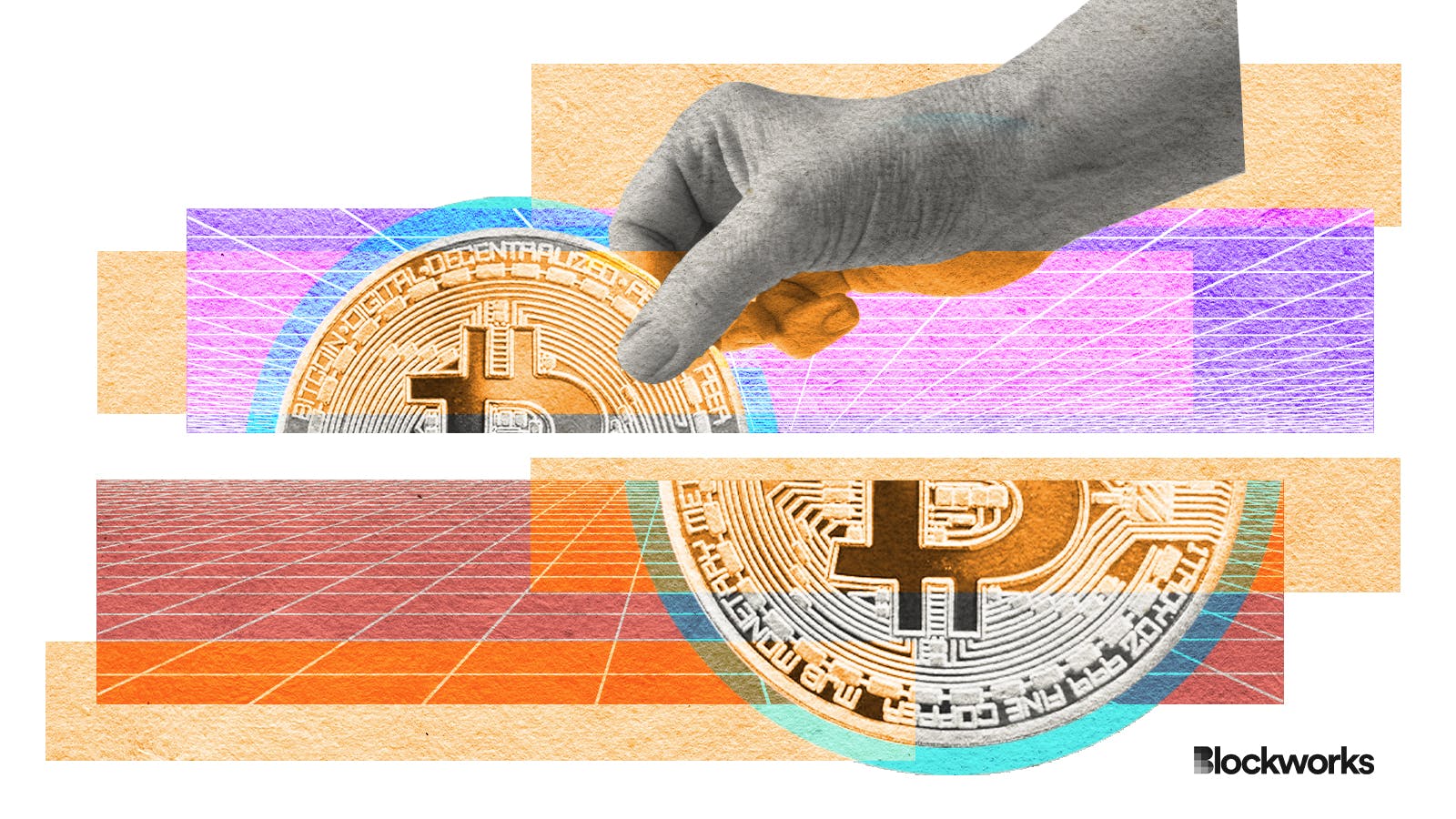Crypto can benefit from patents without losing its open source ethos
The coexistence of open source and patents in the crypto space actually encourages a healthy ecosystem for innovation

Artwork by Crystal Le
ENS’ feud last year with Unstoppable Domains has brought to light the prevailing skepticism many open source developers harbor toward the patent system.
While concerns over the potential misuse of patents are valid, the decision by organizations in the crypto space to abstain from the patent system altogether might inadvertently limit the advantages available for safeguarding their innovations.
Unstoppable Domains (UD) was awarded a patent on “Resolving Blockchain Domains” at the end of 2023. This irritated the lead developer of its largest competitor, ENS. In an open letter, ENS’s Nick Johnson argued that UD’s patent is “based entirely on innovations that ENS developed and contains no novel innovations of its own.” He criticized UD for pursuing patents, even after they stated support for open innovation. While Johnson recognized that UD then did pledge its patent to the Web3 Domain Alliance, he expressed skepticism about the pledge being legally binding.
Read more: ENS partners with GoDaddy to enable users to link wallets to domains
However, companies do pursue patents for many reasons other than to initiate lawsuits against potential infringers or to stifle innovation. Patents serve as powerful signals to investors, which recognize a company’s development of groundbreaking products or processes. They can also be used to recognize inventors for their efforts.
Patents can also be used defensively. If a company is sued by a competitor for patent infringement, the company may use their existing patents that the competitor appears to infringe in a countersuit. This can be an effective negotiating strategy to reach a favorable settlement.
It is important to note that a company can make its software open-source under an open source license while still patenting the software. Typically, anyone who complies with the terms of the open source license is protected from a patent lawsuit. This gives patent holders another avenue to go after those who do not abide by the terms of the open source license. Therefore, crypto companies can still remain open source while filing for patents without using them to inhibit innovation.
Read more from our opinion section: We need to stop forcing use cases on blockchains
For example, a company may want to protect themselves against a competitor who modifies open source code and seeks to protect it themselves. In this scenario, the competitor may try to sue the company who initially developed the code. If the company does not have a patent or other avenues of protection, it may be vulnerable to these unfair tactics.
Additionally, organizations that develop open source code may encourage others to freely use and improve the code. However, with a patent, these organizations can protect themselves against competitors who make similar products but do not use their code.
For example, Litecoin was a fork of the Bitcoin code. If Satoshi Nakamoto had patented a decentralized network for recording transactions using a blockchain, they likely would not have been able to go after Litecoin due to the open source license included in the Bitcoin code base. However, if another entity developed a similar system without using the Bitcoin code, Nakamoto may have been able to prevent them from competing in this space.
Allowing others to use and modify the original code while preventing competitors from profiting off their own version of the same concept does not go against the ethos of the crypto community. Instead, a combination of open source licenses and patent protection encourages open innovation and allows developers to build off each other’s software. This approach discourages the proliferation of numerous versions of similar products, promoting a more cohesive and collaborative community.
In light of these considerations, companies in the crypto space should feel empowered to explore patent protection without fear of alienation. If a company decides to patent its open source software, it should make it very clear that anyone who properly uses the software also has a license to the patent — it may be pursuing patent protection simply to raise funds and formally recognize inventors’ creations. And, if someone runs afoul of the license terms or independently creates a similar product without using the company’s code, it now has a way to protect its business.
In conclusion, the coexistence of open source and patents in the crypto space encourages a healthy ecosystem of innovation. Companies can strategically leverage both, fostering a community where developers can build upon each other’s work without compromising on protection and recognition.
The ENS and Unstoppable Domains argument likely won’t be the last time that someone in crypto is critical of a competitor’s patents. Nonetheless, the crypto community would benefit by being open to multiple strategies for encouraging, pursuing and protecting innovation.
DISCLAIMER: The information contained in this article is for informational purposes only and is not legal advice or a substitute for obtaining legal advice from an attorney. Views expressed are those of the author and are not to be attributed to Marshall, Gerstein & Borun LLP or any of its former, present, or future clients.
Get the news in your inbox. Explore Blockworks newsletters:
- The Breakdown: Decoding crypto and the markets. Daily.
- 0xResearch: Alpha in your inbox. Think like an analyst.






